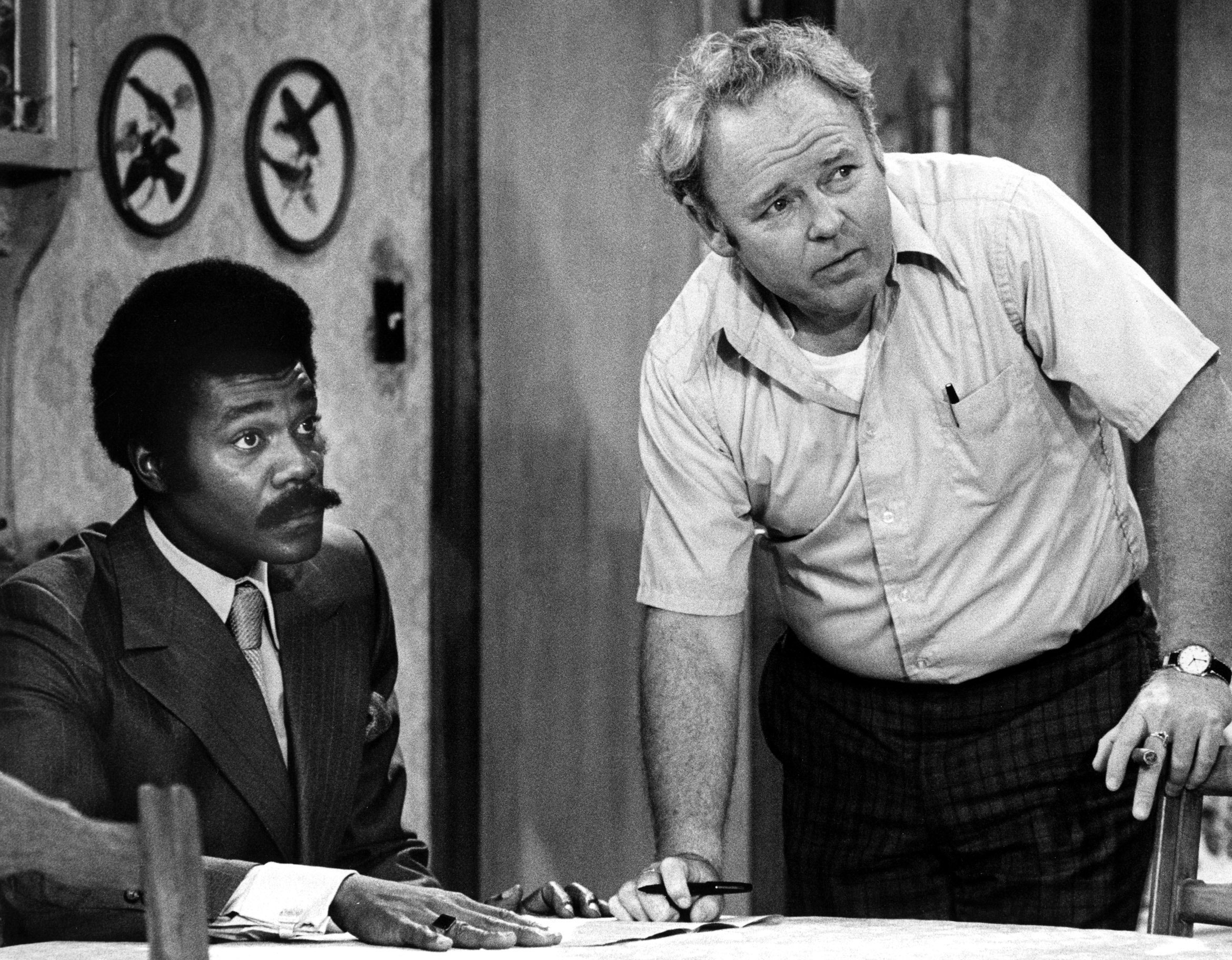
Introduction
In the early 1970s, television was still very much in its infancy. While shows like The Andy Griffith Show and The Brady Bunch were popular, they offered a comfortable, idealized view of American family life. But in 1971, a new show aired that would completely shatter the status quo. That show was All in the Family, and its creator, Norman Lear, changed the landscape of television forever.
Norman Lear, a visionary producer and writer, had a singular goal: to make television that not only entertained but also made people think. All in the Family was his bold experiment in bringing the real issues of the day—race, gender, politics, and class—into the living rooms of America. And he succeeded in ways that no one could have predicted. The show became a massive hit, running for nine seasons and influencing countless other programs.
Norman Lear’s Bold Vision
Norman Lear’s vision for television was simple: to reflect the world as it really was, not as it was imagined to be. Lear understood that television had the power to address social issues in ways that other forms of media could not. In an era where the media largely ignored or sanitized issues like racism and sexism, Lear knew that it was time for television to tackle these problems head-on.
With All in the Family, Lear created a show that dealt with uncomfortable topics like racism, prejudice, and the changing roles of women in society. But he didn’t do it in a preachy or heavy-handed way. Instead, Lear used humor to open up difficult conversations, making the audience both laugh and think at the same time. The show’s controversial content was often packaged in such a way that it made viewers laugh at themselves, forcing them to confront their own biases and assumptions.
Why All in the Family is Still Relevant Today
Even though All in the Family aired over 50 years ago, its themes remain just as relevant today. In fact, many of the issues the show tackled—racism, sexism, political polarization—are just as divisive and contentious now as they were in the 1970s. This makes All in the Family not just a product of its time, but a timeless work of television that still resonates with modern audiences.
One of the key reasons for the show’s continued relevance is its portrayal of Archie Bunker, a character who embodies the ignorance and prejudice that still exist in society today. While Archie’s character was often the subject of ridicule, his views represented a significant portion of American society at the time. And, unfortunately, many of those views still persist today.
In an era where political correctness and cancel culture often dominate discussions about race and gender, All in the Family provides a much-needed perspective on how these issues were—and still are—discussed in America. The show’s unflinching honesty about race, class, and gender roles is something that modern television could stand to emulate.
The Influence of All in the Family on Modern Television
It’s impossible to overstate the impact All in the Family had on television. The show opened the door for a new kind of TV programming that tackled real-world issues with humor and satire. Shows like Maude, Good Times, The Jeffersons, and One Day at a Time all followed in the footsteps of All in the Family, addressing issues like women’s rights, racial inequality, and poverty.
The show also influenced the way characters were portrayed on television. Before All in the Family, television characters were often one-dimensional, with little to no depth or complexity. But Lear’s characters were multi-dimensional, flawed, and human. They were not just vessels for comedy, but vehicles for social commentary. This approach to character development became the gold standard for sitcoms, and it continues to influence television shows today.
Conclusion
Norman Lear’s genius lay in his ability to use television as a platform for social change. All in the Family may have been controversial at the time, but it was also incredibly prescient. The show anticipated many of the issues that would come to dominate American politics and culture in the decades that followed. And even today, All in the Family remains a vital, relevant piece of television history. It’s a show that not only entertained but also made viewers confront the realities of their world.
